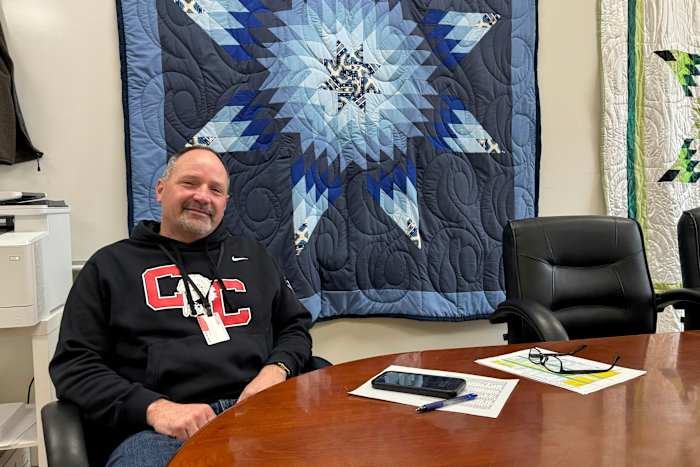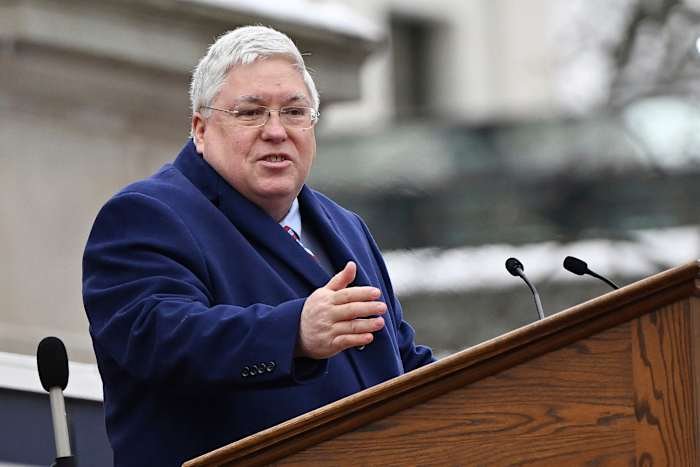Introduction
A sweeping new policy proposal from Donald Trump’s campaign has sent shockwaves through America’s rural communities: a $100,000 fee for every H-1B visa application. H-1B visas have long been the lifeline for rural schools and hospitals, which depend on skilled immigrant professionals to fill crucial job vacancies. As Orlando continues to grow and diversify, the ripple effects of such a policy could also impact Central Florida, especially in sectors already facing staff shortages. In this blog, we’ll break down what the proposed fee means, how it could affect both rural America and our own Orlando community, and what local leaders are saying about the future of essential services.
What Is the H-1B Visa and Why Is It Important?
The H-1B visa program was established to allow U.S. employers to temporarily employ foreign workers in specialized occupations—think teachers, doctors, nurses, engineers, and IT professionals. For decades, rural areas in particular have relied on this program to fill positions that American workers simply aren’t available or willing to take. In Central Florida, including parts of Orlando’s suburbs and neighboring rural counties, H-1B workers play a pivotal role in keeping schools open and hospitals staffed.
Without access to international talent, many rural facilities would struggle to maintain the level of service their communities require. In Orlando, where the tech and healthcare sectors are booming, the H-1B program helps fill skill gaps and supports economic growth.
Trump’s Proposed $100,000 H-1B Fee Explained
The Trump campaign’s proposal would require employers to pay a staggering $100,000 fee for every H-1B visa application. Currently, the fee is around $4,000 to $6,000 per visa, depending on company size and other factors. The new proposal represents an astronomical increase, putting the cost out of reach for most rural schools and hospitals, and even many small businesses.
While the intention is to prioritize American workers, the reality is that many of these critical positions go unfilled year after year due to a lack of qualified applicants. For employers in smaller, low-budget school districts and community hospitals—both in rural Florida and the Orlando metro area—this fee could be a death knell for their ability to serve their communities.
Impact on Rural Schools and Hospitals Nationwide
Rural America faces unique challenges when it comes to recruiting skilled professionals. Population decline, lower salaries, and geographic isolation make it difficult to attract and retain talent. As a result, rural schools often rely on H-1B teachers, particularly in STEM fields and special education. Likewise, rural hospitals and clinics depend on foreign-born doctors, nurses, and specialists to provide basic and emergency care.
A $100,000 H-1B fee would likely force many rural employers to stop sponsoring immigrant workers altogether, leading to staff shortages, program cuts, and even closures. Patients could face longer wait times, fewer specialists, and diminished access to care. Students might find their schools unable to offer advanced courses, extracurriculars, or special education services.
Some rural Florida districts, only an hour’s drive from Orlando, would be directly affected—potentially sending more families into the city in search of better services, and straining Orlando’s own resources in the process.
How Orlando Could Feel the Effects
While Orlando is not considered rural, our region is intricately connected to the rest of Central Florida. Many Orlando hospitals, clinics, and schools already face staffing shortages and rely on immigrant professionals to fill gaps. If rural areas lose their H-1B workers due to the new fee, more people may migrate to Orlando seeking education and healthcare, adding pressure to already stretched resources.
Additionally, Orlando’s own tech and healthcare industries would face stiffer competition for a shrinking pool of skilled professionals. Local companies who hire H-1B workers—such as hospitals in Lake Nona’s Medical City or tech firms in downtown Orlando—may find it financially impossible to bring in the talent they need, potentially slowing down innovation and growth in the region.
Community Voices and Possible Solutions
Local leaders across Florida are raising alarms about the proposed fee. School superintendents, hospital administrators, and business groups have all warned that such a policy could have devastating consequences. Many are calling for a more balanced approach: one that protects American jobs but acknowledges the reality of shortages in key professions.
Some suggested alternatives include targeted fee waivers for public schools and hospitals, special visa categories for high-need rural areas, or increased funding for training U.S. workers in critical fields. Meanwhile, advocacy groups are urging Orlando residents to contact their elected officials and weigh in on the proposed changes, emphasizing the interconnectedness of rural and urban communities throughout the state.
Conclusion
The proposed $100,000 H-1B visa fee stands to reshape the landscape of education and healthcare in rural America—and could have ripple effects right here in Orlando. As our region continues to grow, we must consider how policies aimed at one part of the country may ultimately impact us all. What do you think about the new H-1B visa fee and its potential consequences for Orlando and beyond? Share your thoughts in the comments below!
















